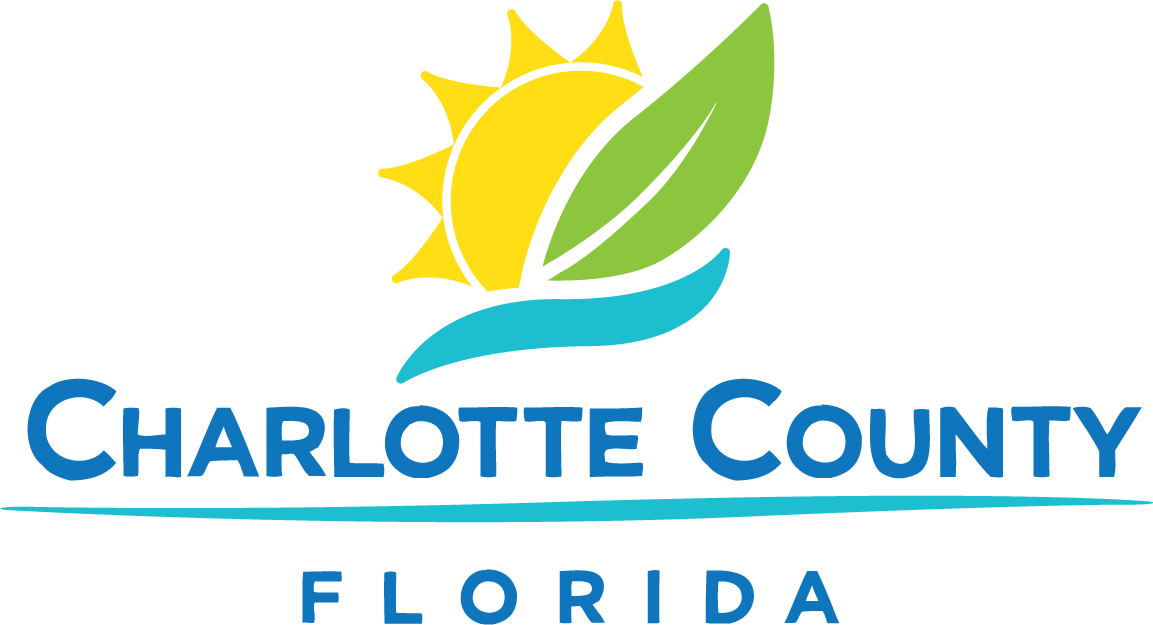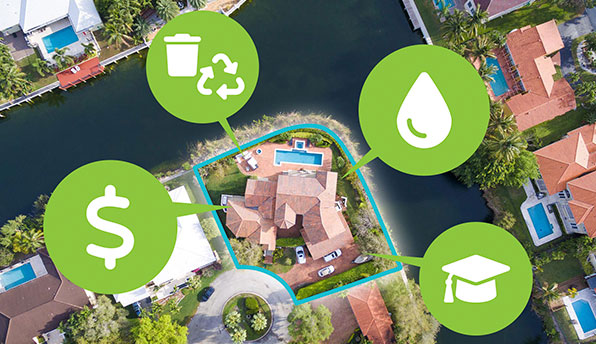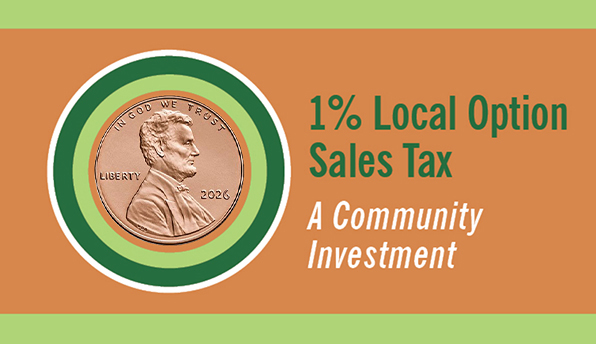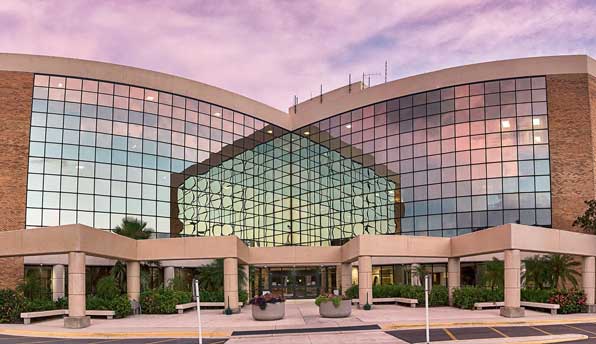When it comes to applying fertilizers, pesticides and irrigation – less is more! Reducing fertilizer and pesticide use allows for a balanced “landscape ecosystem” where the synergy of the plant/pest cycle is more natural. Landscapes overall are less susceptible to potentially very damaging infestations and can learn to thrive without frequent intervention.
Want to learn how to limit chemical and irrigation use in your lawn and landscape? Learn more from these local resources:
- Follow Charlotte County’s fertilizer ordinance, that among other restrictions, requires:
- No application of nitrogen and phosphorous to turf or landscape between June 1 through Sept. 30.
- Use 50% slow-release nitrogen, and limit phosphorous applications.
- Leave up to a six-foot buffer from waterways such as wetlands, swales and seawalls.
- Fertilizer 1-2-3 can show you how to read and understand a fertilizer label, so you don’t over apply.
- Florida Friendly Landscaping (FFL) principals can ensure you will have a beautiful landscape while protecting the environment. Proper fertilizer use, choosing the right plant for your yard, and efficient irrigation application can save money and reduce chemicals in the environment – all while keeping your landscaping beautify.
- Reclaimed water can contain nutrients that should be factored into your fertilizer budget. Depending on the amount contained, no supplemental fertilization may be required. To check your reclaimed water, use this calculator to determine any additional fertilizer needs.
- Over irrigating your lawn and landscape leads to infestations of pests and diseases, leaches valuable nutrients out of the soil, reduces the amount of rain that can soak in, and if you are irrigating with a well - is a waste of our cleanest and safest source of drinking water. UF/IFAS landscape irrigation recommendations can be expressed as, "Irrigate when plants show visual cues of water stress.”
- When using a timer for irrigation scheduling, users can find helpful hints in the publication “Operation of Residential Irrigation Timers”
- An easy, user-friendly version, the Urban Irrigation Scheduler, can be found at Urban Irrigation Scheduler. Smart irrigation controllers (e.g., soil moisture sensors, ET-controllers) offer the potential to automatically adjust irrigation according to weather conditions once installed and set up properly.
- Routinely testing your soil for deficiencies can help save money on fertilizer costs and may reduce excess nutrients that can fuel algae blooms and red tide in Charlotte Harbor. The University of Florida can test soils to help determine if fertilizer is necessary in your landscape.






